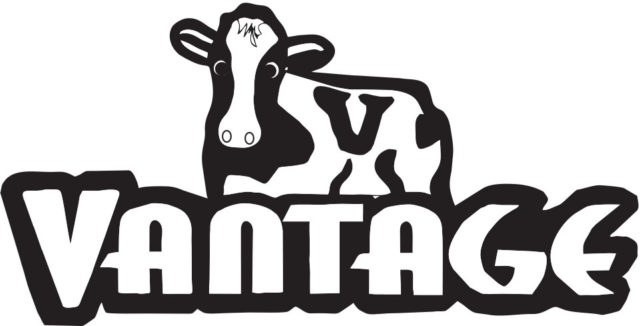One of the most difficult decisions to make on the farm is whether or not to build a space for equipment and machinery storage and what type of space to build. Farmers have three primary options:
- No covered storage: Farms with no covered storage still have a few options. A noncovered area can still be improved from an empty dirt lot to a prepared area with gravel, crushed rock, asphalt, etc. Farmers may also consider the slope of the storage area, security and proximity to the farm.
- Machine shed: For this article, we’ll define a machine shed as a pole building with at least one open side. This is a facility whose primary purpose is storage only. A machine shed may or may not have power.
- Farm shop: This article defines a farm shop as a fully enclosed structure with power and concrete floors. This is a facility whose primary purpose is repair and maintenance, with storage as its secondary purpose.
We’ve broken down the primary differences between the three in Table 1:

When making this decision for your farm operation, several items need to be considered, such as location, design and available capital.
Location considerations
When looking to build a farm storage facility, location is extremely important. We recommend developing a long-range site plan to make sure the shop will not create future inconvenience.
- Do you farm on owned or leased ground? If you farm only on leased ground, do you have room for a farm shop at the home place? If not, you may need to explore temporary or moveable options.
- Will you need a building permit? Each city and county will have different ordinances on what will be allowed.
- Is the ground shovel-ready? Will the ground you plan to build on need an initial investment to prepare it for building? If your chosen location is on a slope or has existing facilities, there will be additional costs.
- Is the building site in a flood zone? If so, there may be a cost of raising the foundation area, additional insurance or difficulties with zoning.
- What is the access to the main farm areas? How secure is the location versus how centrally located?
Design considerations
For some farmers, a shop is essentially a second home, complete with an office, heating and plumbing. For others, the focus is solely on storage.
- Is most of your equipment on lease or newer and under warranty?
- Is a pole barn with gravel sufficient for your storage and repair needs, or do you need a more expensive enclosed structure for a work area?
- How large would your storage facility need to be? Can you build a structure that allows storage as well as repair?
- Heating a large, enclosed structure for winter mechanical work can be expensive.
Capital considerations
You may have a perfect location and design in mind, but cash flow needs cannot be ignored.
- Do you have access to the excess cash required to build your dream facility? Many of us will need to settle for something humbler and expand over time as finances allow.
- Do you have a good relationship with your banker? Can you acquire financing? Does your farm produce enough cash flow to handle an additional monthly or annual payment?
Additional benefits of indoor storage
Beyond the three categories above, there are several additional benefits to a machine shed or farm shop.
It is generally accepted that storing machinery inside increases its value. In a nationwide survey, farmers were asked about the resale value of their farm equipment at trade-in and whether or not it was stored inside when not in use. The results in Table 2 show that farmers who traded their equipment after five years got significantly more for tractors and other equipment that were stored inside than for equipment stored outside.

Given these results, a good rule of thumb is that a piece of equipment retains 3%-4% more resale value for each year it was stored in a farm shop or machine shed.
Exposure to sun and elements can impact equipment parts that are susceptible to weathering, such as plastics, rubber belts and tires. Failure of these parts can contribute to more frequent breakdowns during field use and increase maintenance costs.
Having a space to perform mechanical work and repair on-farm allows for multiple benefits, including 1) more timely repairs during a breakdown, 2) the ability to internalize mechanic overhead fees and 3) eliminating professional mechanic labor costs. Dealership mechanic and mobile mechanic hourly rates can range into hundreds of dollars per hour, meaning significant savings can be had if repair tasks can be internalized by home-based farmer mechanics. However, these savings can only be realized if there are skilled mechanics on the farm.
References omitted but are available upon request by sending an email to an editor.



.jpg?t=1687979285&width=640)




